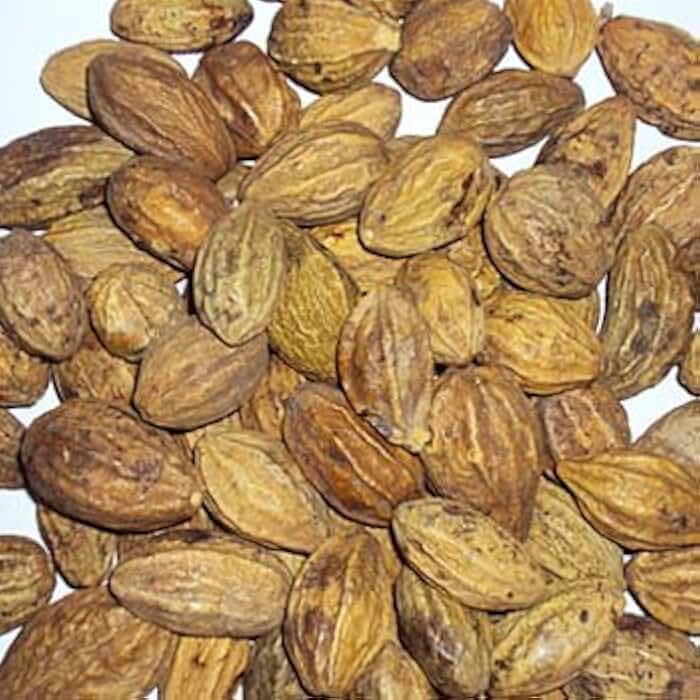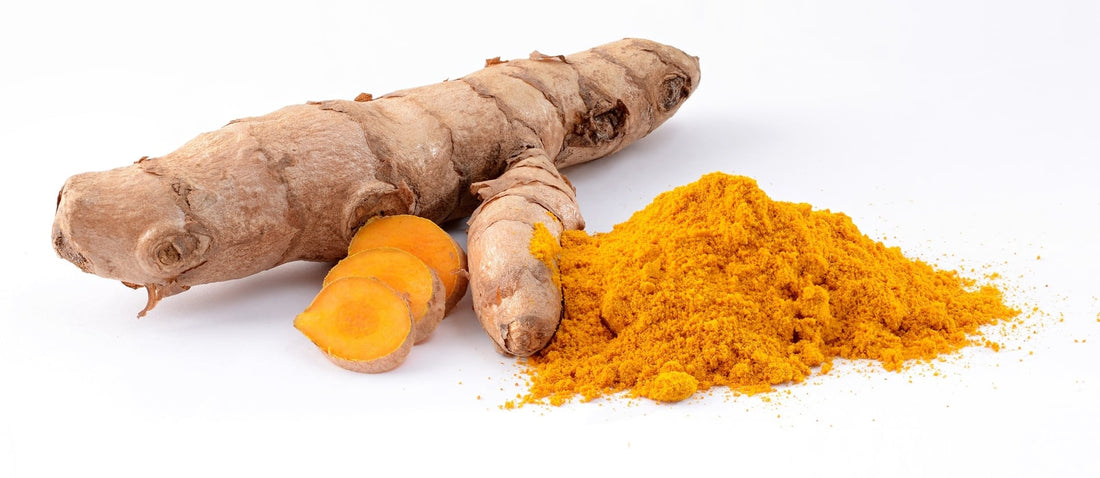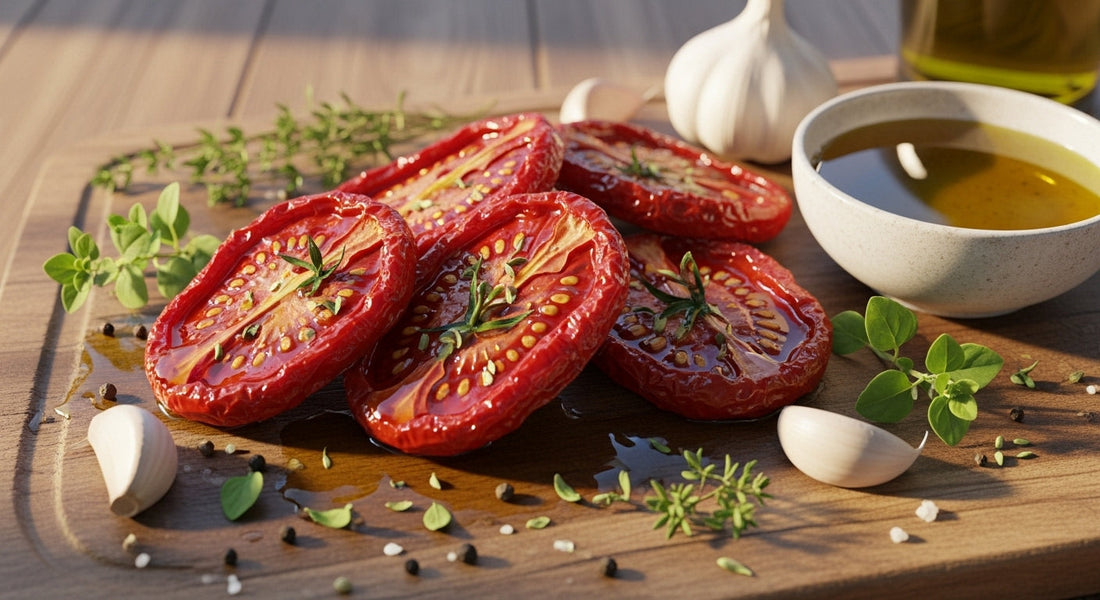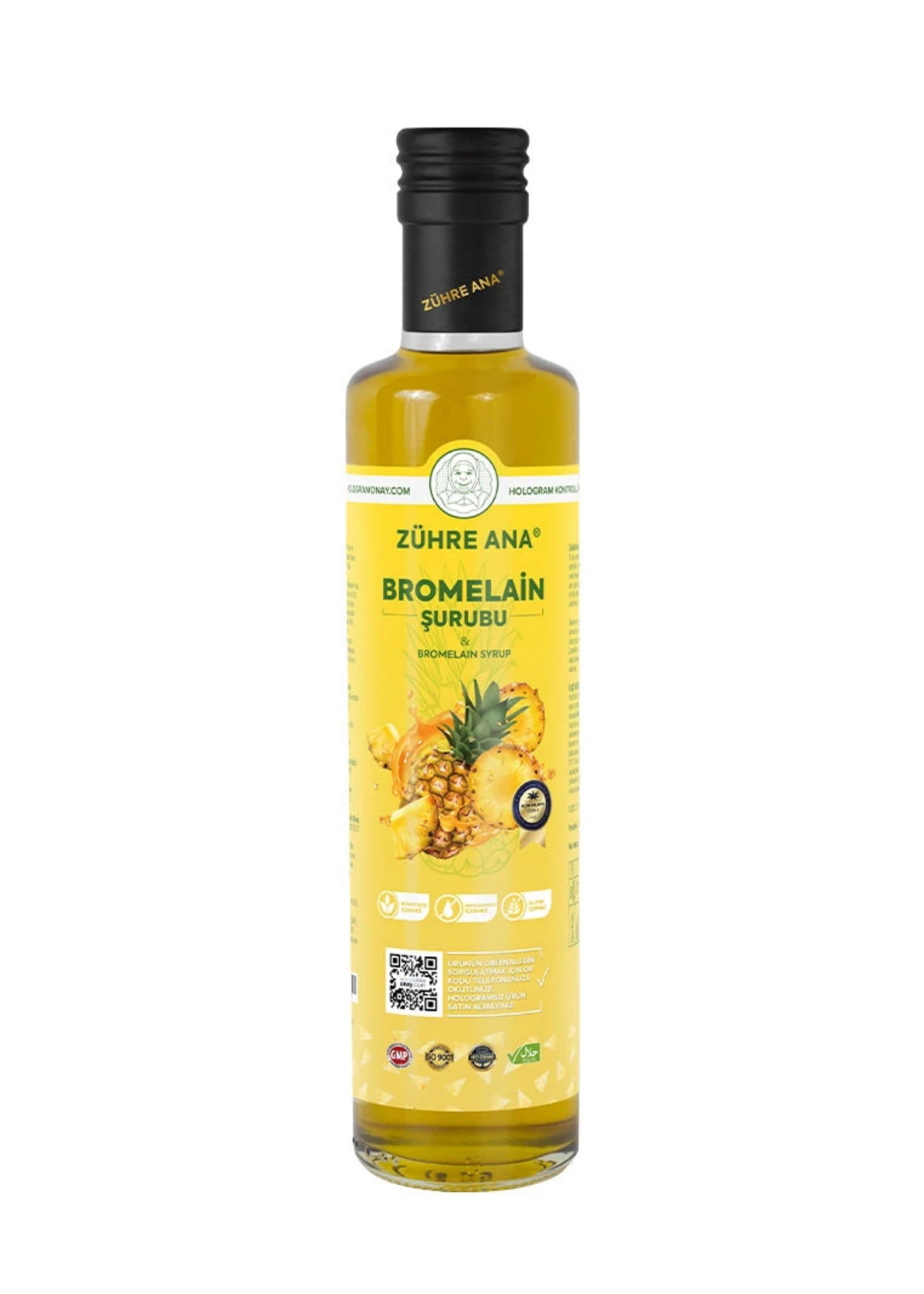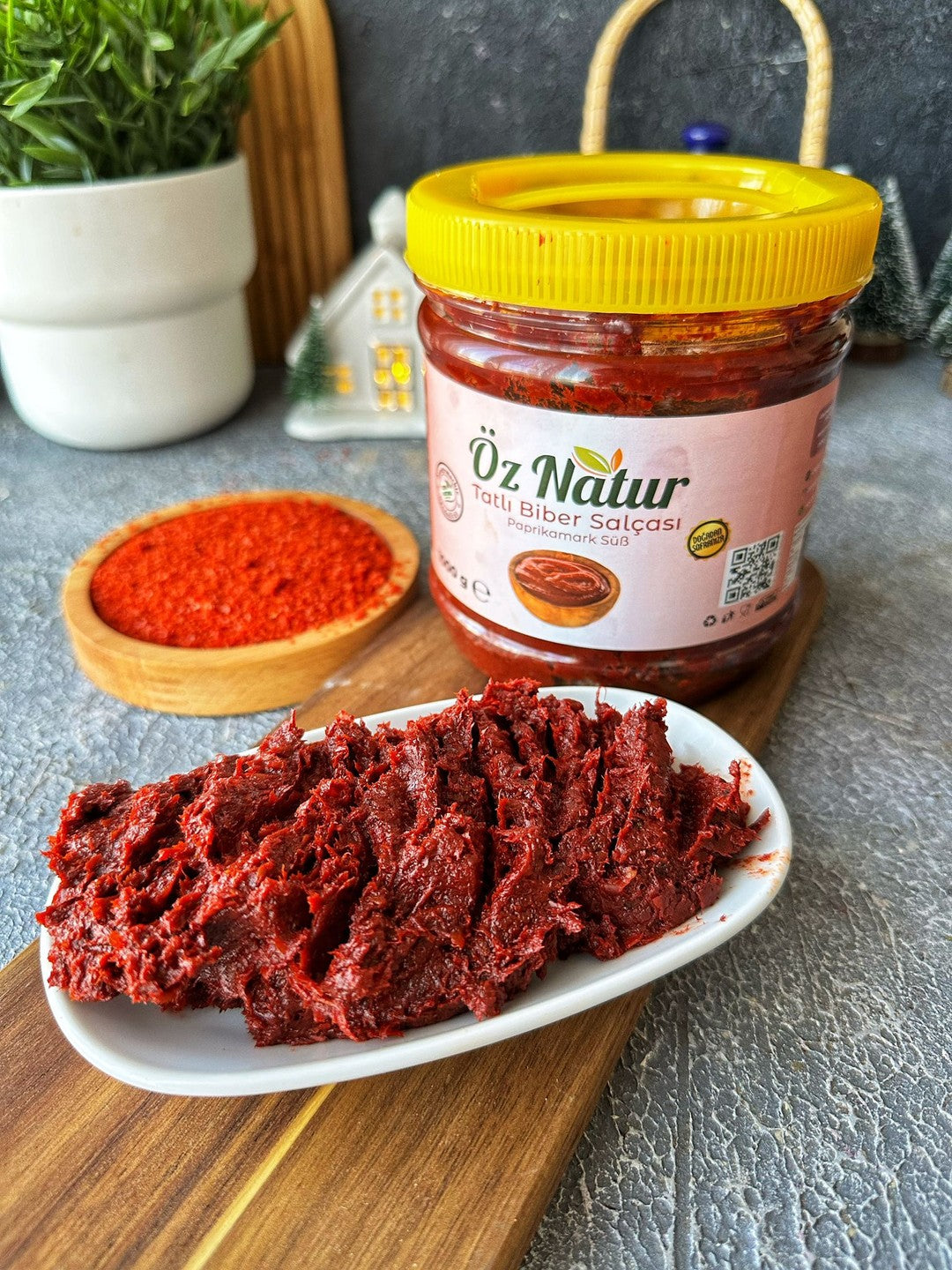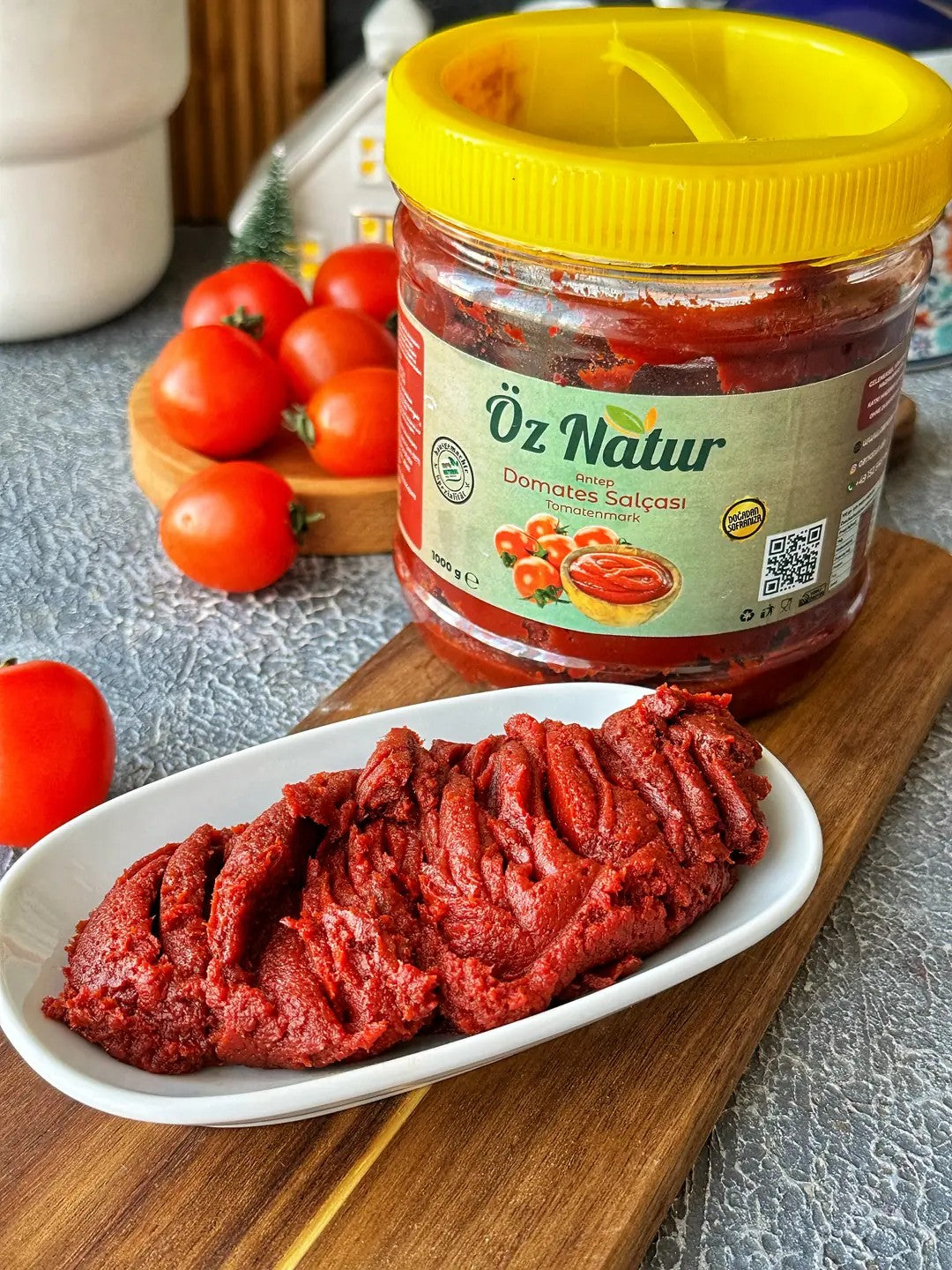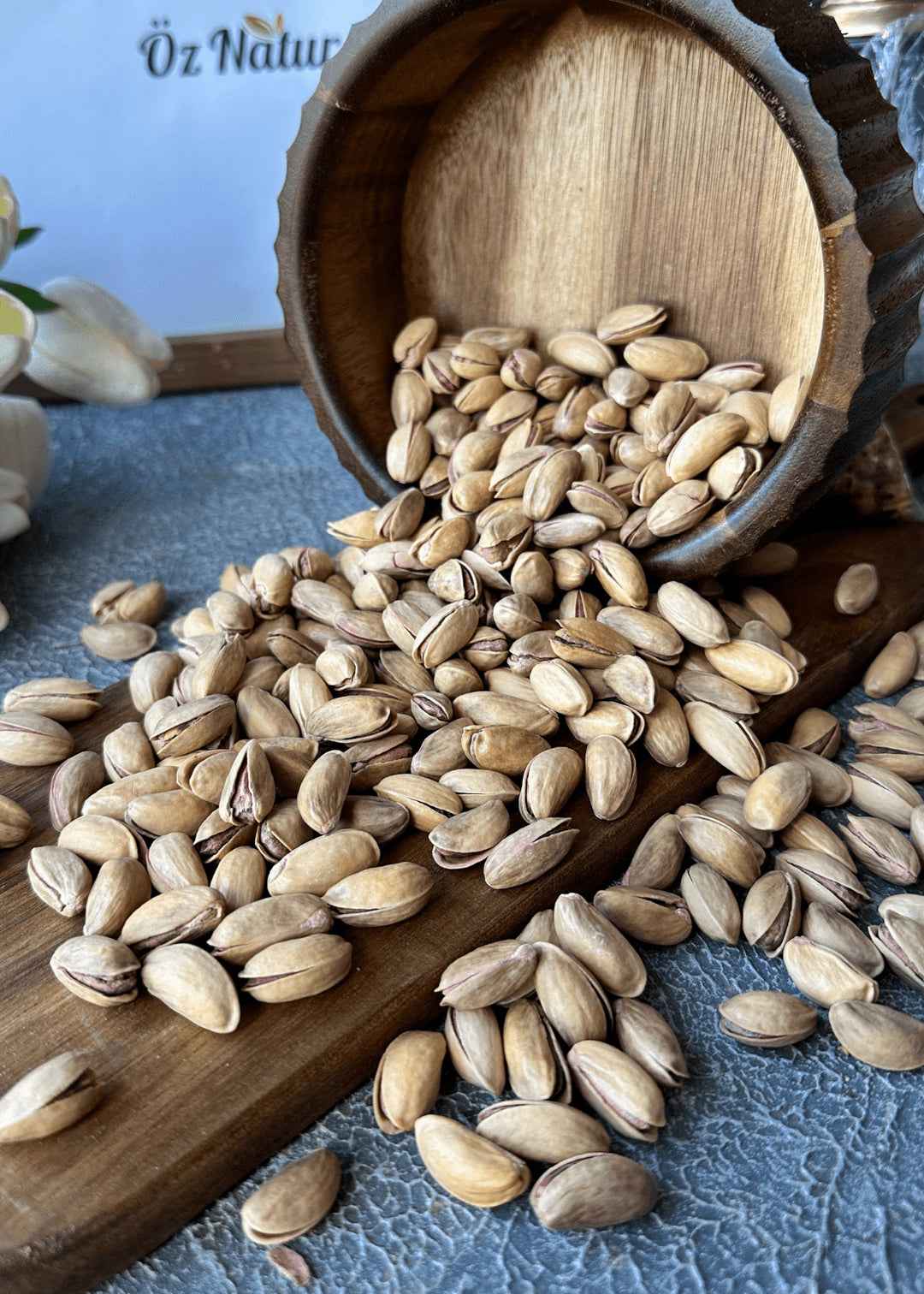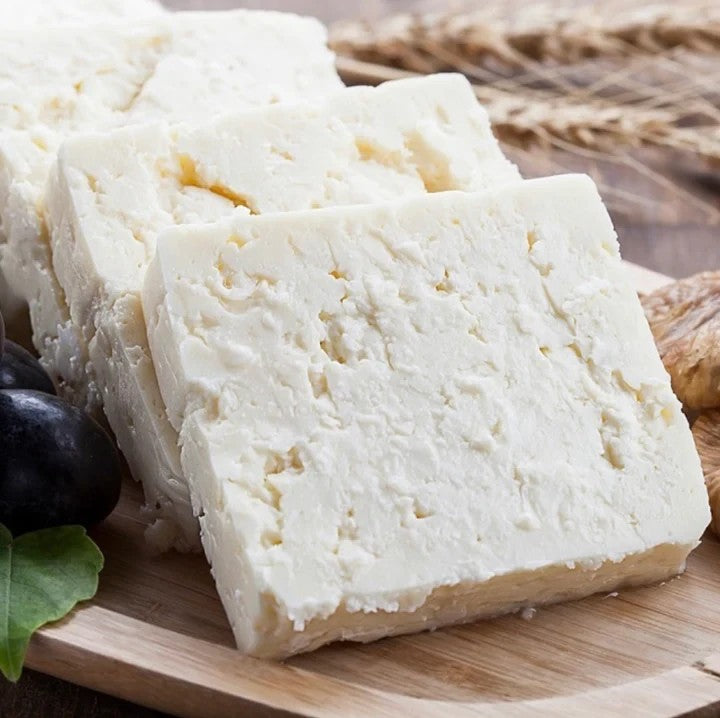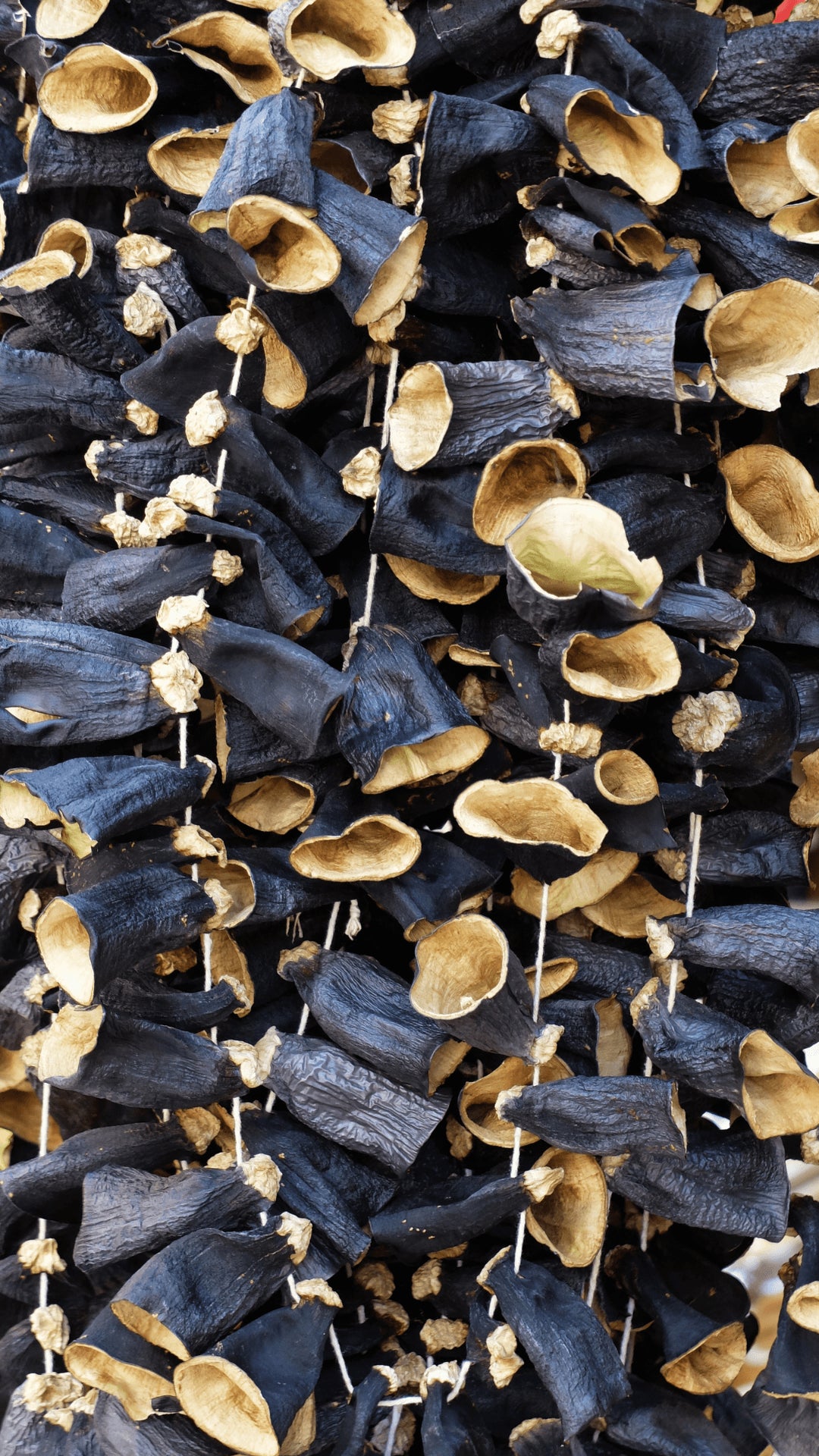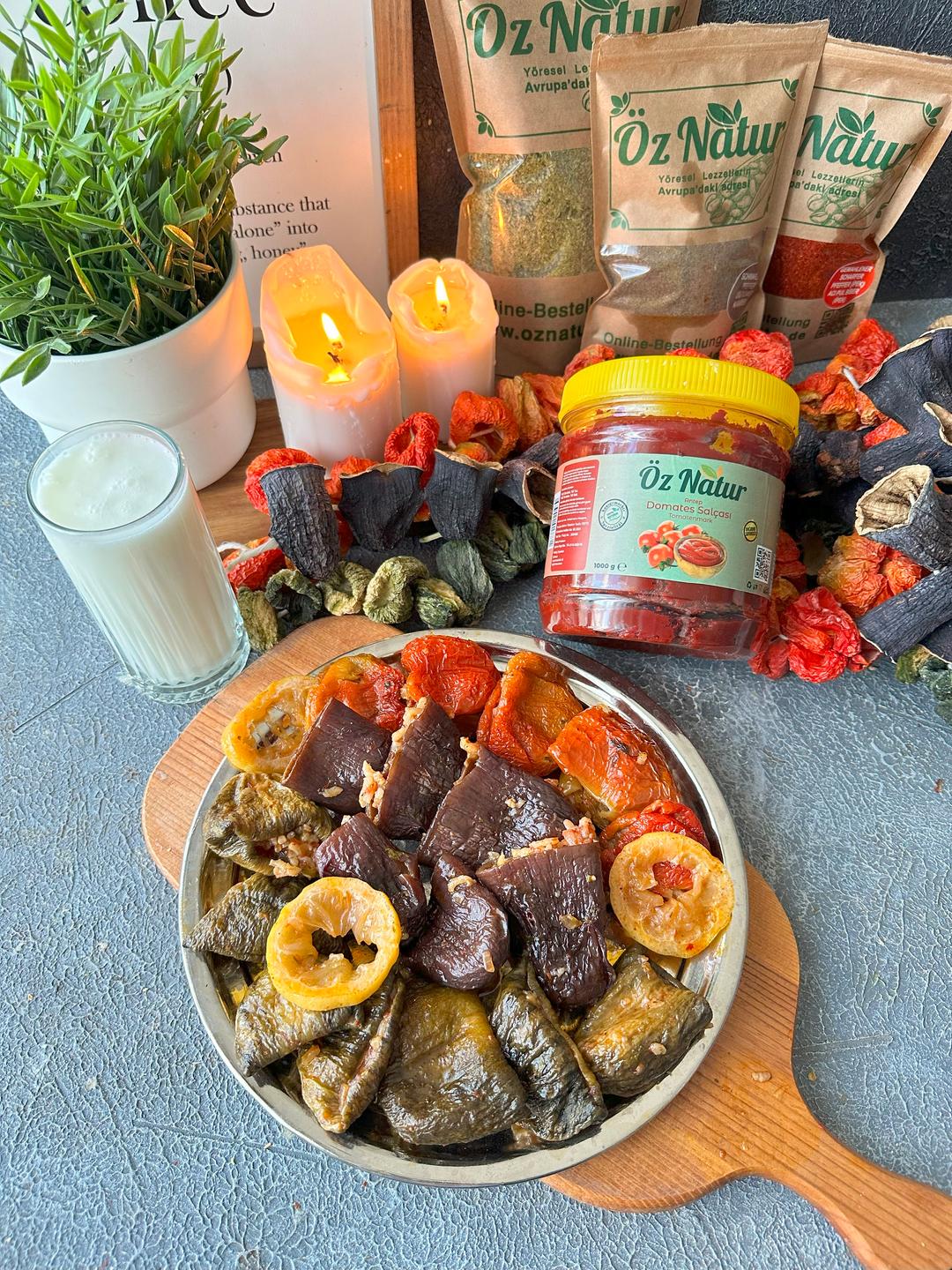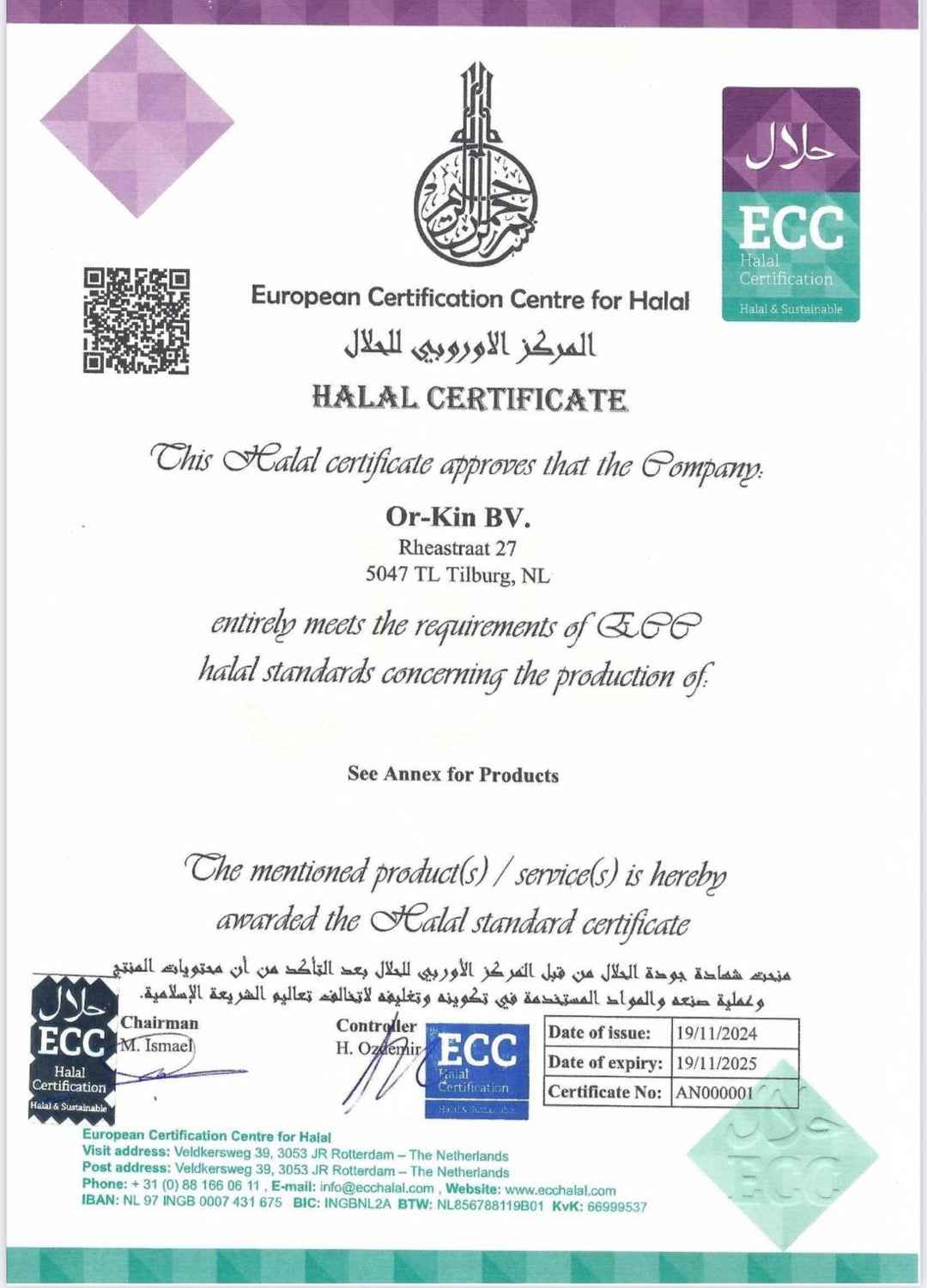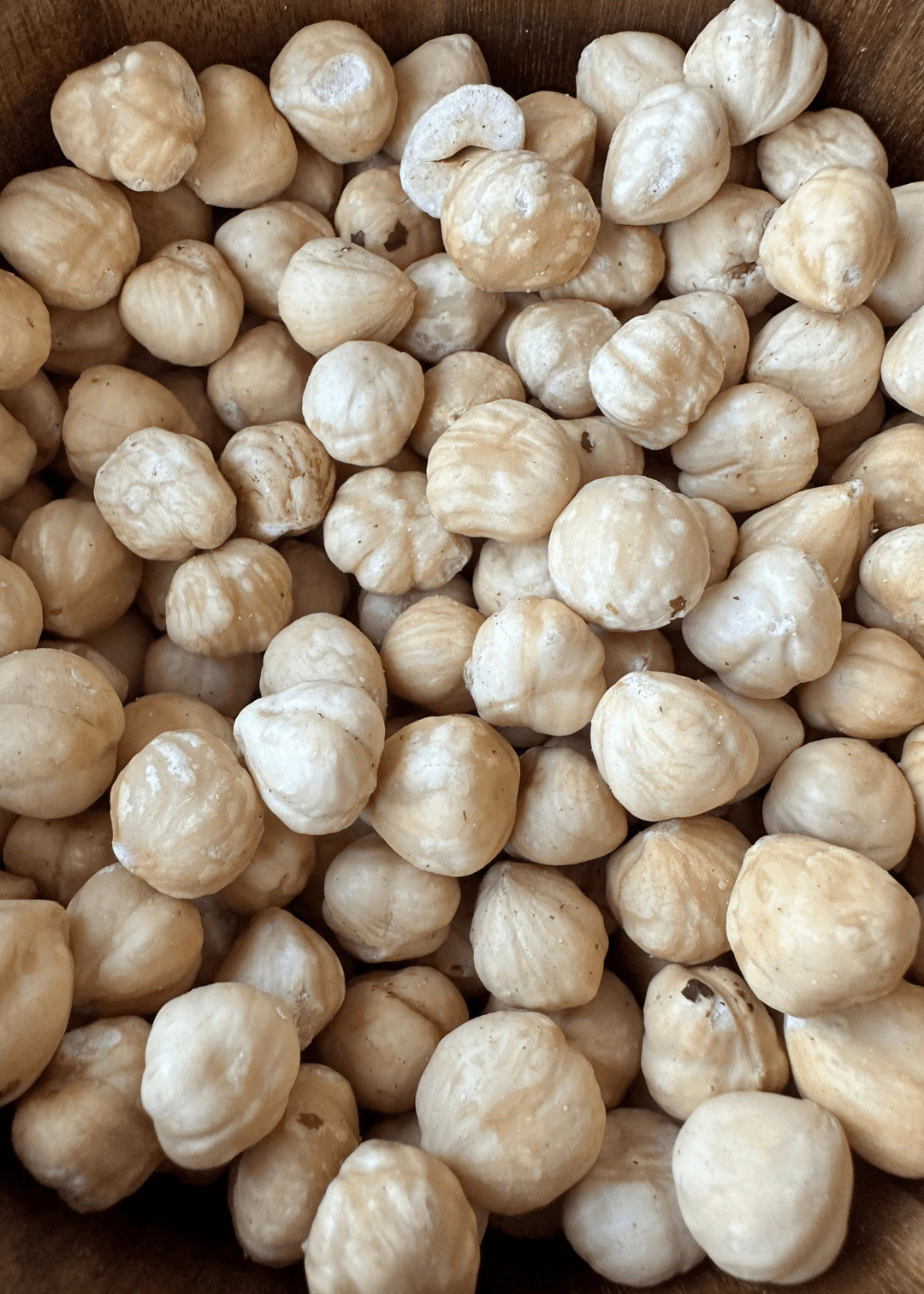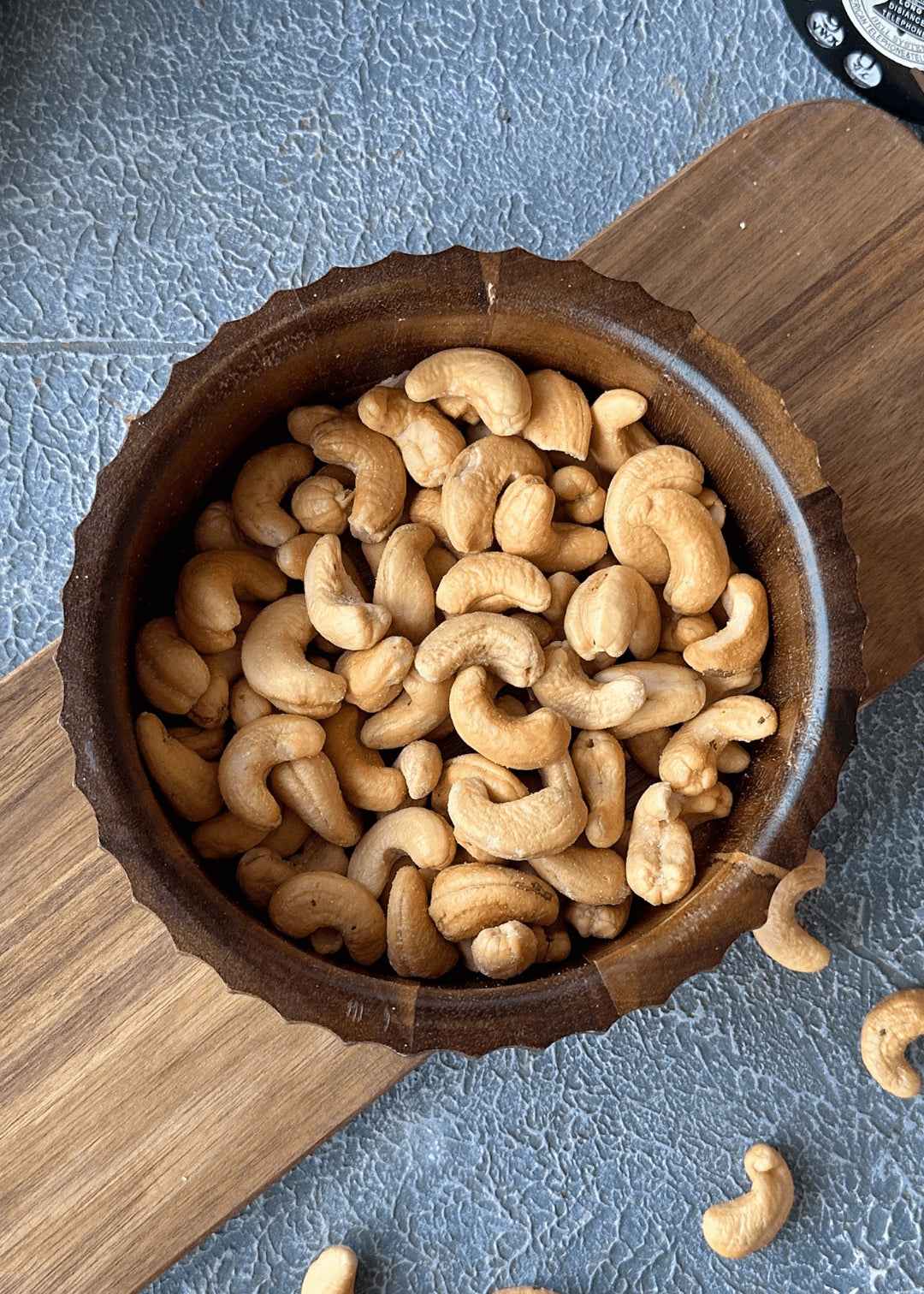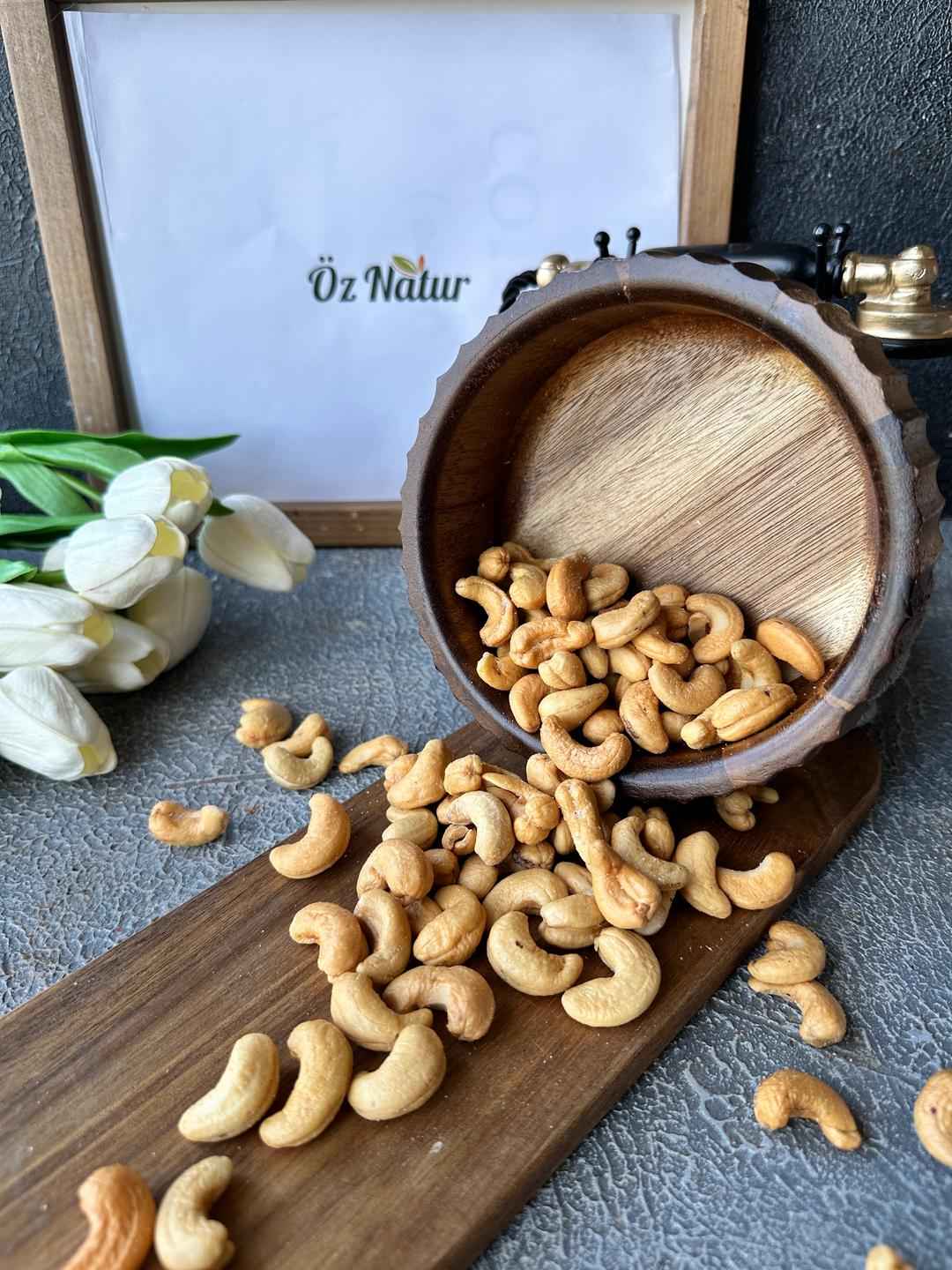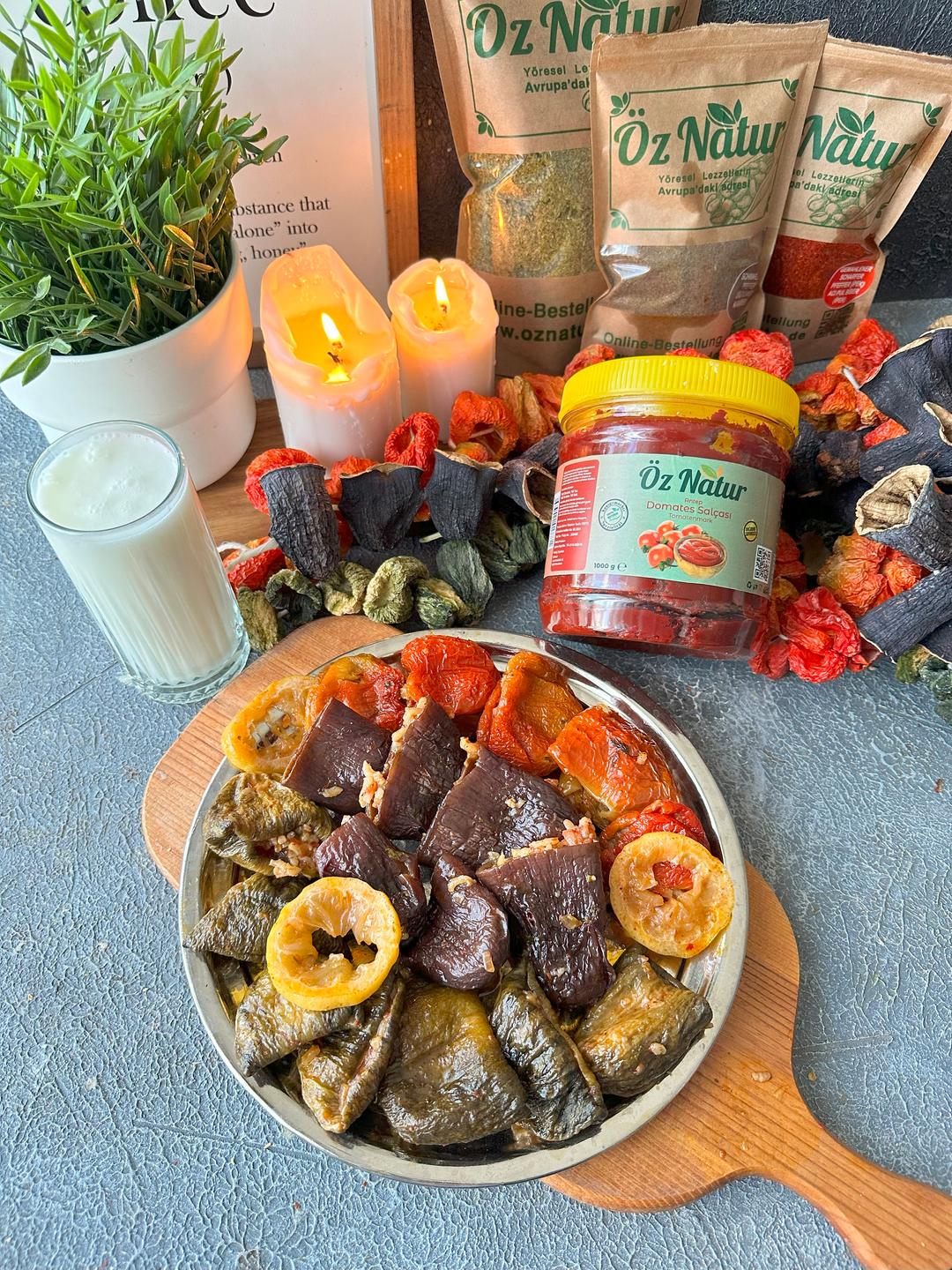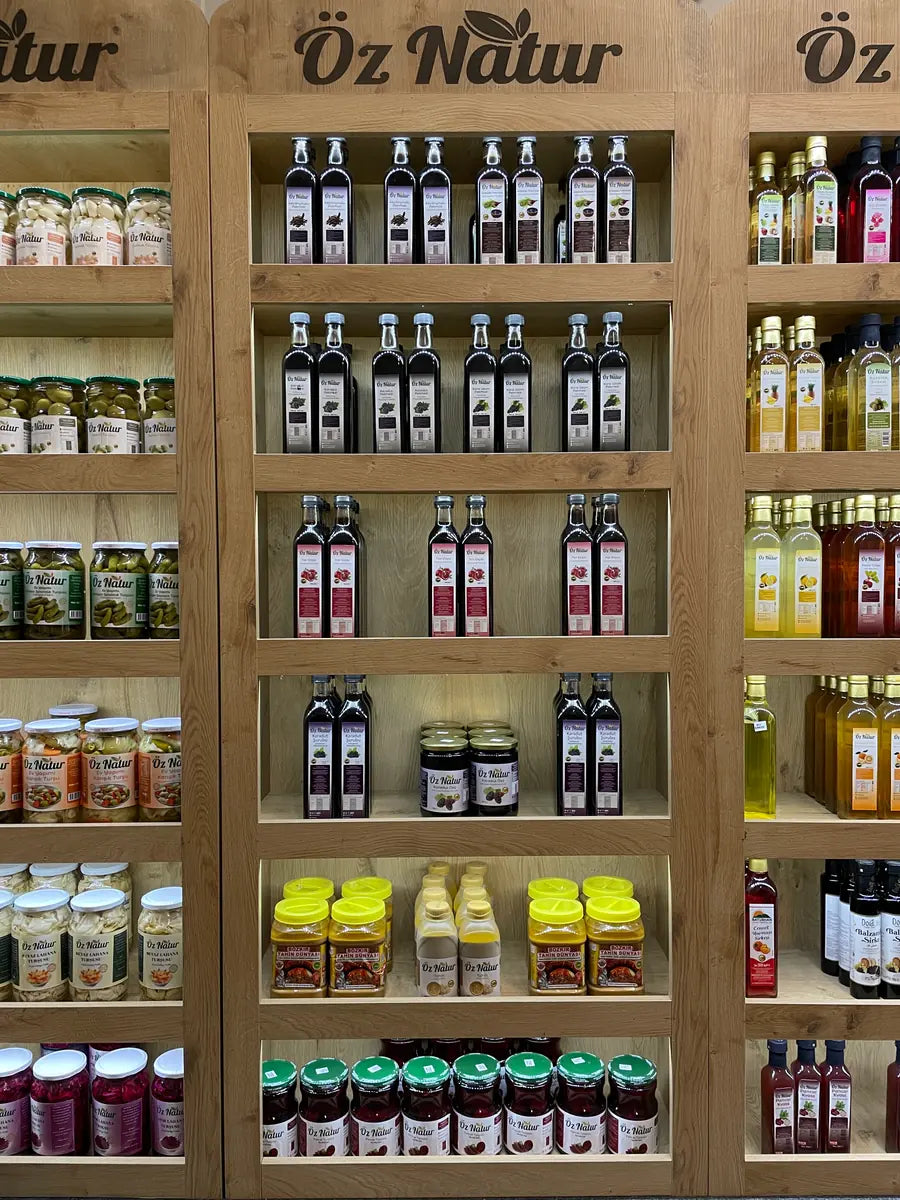Turkey offers a wide variety of cheeses, each tied to a specific region and taste tradition. In this article, we explore four well-known Turkish cheese types: Ezine with its salty character, Tulum with its aged texture, Çeçil with its stringy form, and Buffalo cheese with its creamy profile. These cheeses are used in everyday meals and also featured on gourmet platters, offering something for every palate.
Ezine Cheese
Ezine Cheese comes from the Ezine district in Turkey’s Çanakkale province and is typically made from sheep’s milk. It is known for its pronounced salty flavor and dense texture. Aged over time, the cheese develops a crumbly structure and is commonly served with olives, tomatoes, and fresh bread at breakfast or as part of meze spreads.
Tulum Cheese
Tulum Cheese is traditionally aged in animal-skin sacks called “tulums” and is especially associated with Eastern Anatolia and the Aegean region. It has a strong aroma and a dry, crumbly texture. Tulum cheese is often served with olive oil and herbs and is commonly found on breakfast tables or appetizer platters.
Çeçil Cheese
Çeçil Cheese is a stringy cheese traditionally made in Eastern Turkey. It is produced in long, thin strands and is typically stored in brine. With its light saltiness and unique texture, Çeçil cheese is often used in sandwiches, salads, or served as a side dish with grilled vegetables.
Buffalo Cheese
Buffalo Cheese is made from buffalo milk and is known for its rich, creamy consistency. It is primarily produced in the Thrace region and in Balıkesir. With a slightly sweet taste and smooth texture, buffalo cheese is commonly enjoyed with bread and honey at breakfast and can also be used in dishes like pizza or pasta.



